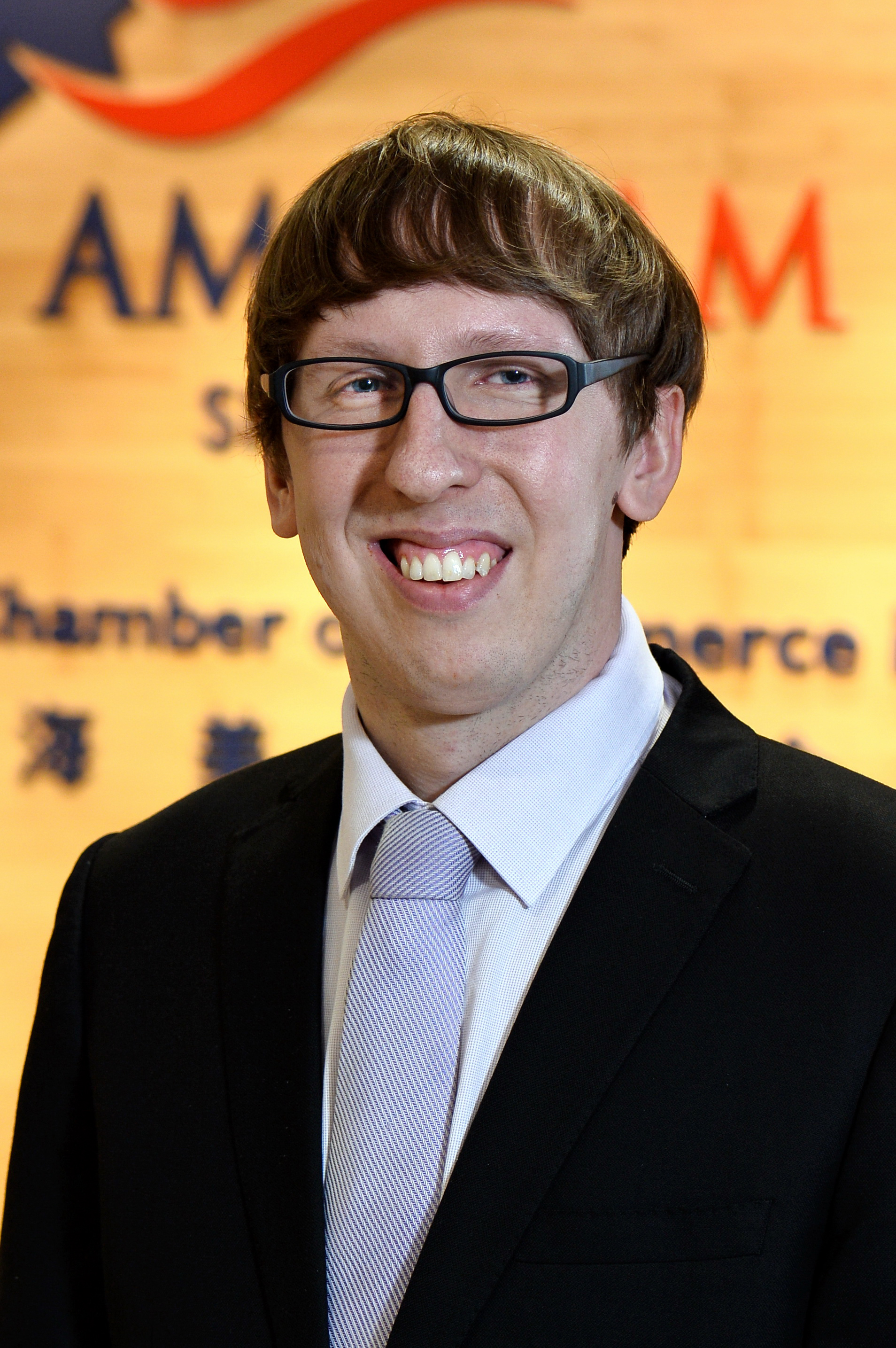Q&A with Steven Bielinski, a LGBT advocate living in China
- By Wei Jia
 0 Comment(s)
0 Comment(s) Print
Print E-mail China.org.cn, July 2, 2015
E-mail China.org.cn, July 2, 2015
Steven Paul Bielinski is an American living now in Shanghai. He founded WorkForLGBT to foster dialogue and cooperation with businesses on issues related to the gay, lesbian, bisexual and transgender community. Bielinski organized China's first job fair for LGBT job-seekers earlier this year. We asked Bielinski some questions about himself and LGBT issues in China.
 |
|
Steven Paul Bielinski, founder of WorkForLGBT, an institution to foster dialogue and cooperation with businesses on issues related to the gay, lesbian, bisexual and transgender community. |
1. Why did you decide to come to China ten years ago? What was your impression of this country at the time?
I came to China as a study abroad student. I wanted to learn about the world outside the United States, and China seemed like an ideal starting point. After just a few months in Beijing, I knew I was destined to make my life here. The food, the culture, the history, and the people all left a deep impression on me, especially in the context of the enormous development and reform that was and is taking place. You could say I grew up along with China. After so many years, I want to contribute to my adopted homeland and the LGBT community that too often still has to sacrifice their hopes and dreams because of pressures from stigma.
2. What, in your opinion, is the biggest difference between lesbian, gay, bisexual and transgender people in the United States and in China?
In the United States, the biggest obstacle for LGBT people's equal treatment and social integration has largely been religious opposition, while in China it is more pressure and fears of exclusion from family. In the United States, the LGBT community has had several more decades of community building, so group cohesion and a sense of shared identity and purpose are also stronger in the United States.
3. Do you think the 1st Annual China LGBT Job Fair will inspire more similar events? What are the biggest obstacles facing such job fairs?
I believe that more and more companies, both Chinese and Western, are realizing that LGBT employees are 5 percent to 10 percent of the HR marketplace. To remain competitive in attracting and retaining the best talent possible, employers must show that discrimination is not allowed in their companies and that LGBT employees can bring their authentic selves to work through HR programs and policies.
4. How would you help make China's job market more accepting of the LGBT community?
LGBT employees want to put their talents to use at firms that value diversity and inclusion and their unique perspectives, and that includes cultivating a workplace culture that is accepting of diversity in sexual orientation and gender identity expression. Companies are already taking action, starting with clearly stipulating that discrimination based on these categories - just as it is for women, the handicapped or other groups -- is prohibited. They're integrating basic knowledge about LGBT people into introductory training so that employees understand, value and respect all co-workers. And they're creating diversity programs and structures that give LGBT employees a voice inside their companies to share their perspectives with company leaders confidentially.
5. What is your vision for the future of LGBT people in China?
LGBT people want what everyone aspires to: to live their lives honestly and to their heart's content, to love and be loved by another individual, and to contribute to society and their country. The business case for LGBT diversity and inclusion is universal, whether its internal HR company policies, or external "Pink Market" advertising outreach. Leadership in diversity doesn't just make businesses more profitable but is advancing greater social harmony and understanding. The heart of WorkForLGBT is that honesty is good for business.
6. What has been the most effective method for creating a support network?
Creating support networks for LGBT employees inside companies has to be a joint effort between LGBT employees and HR leaders. One purpose of our platform is to serve as a conduit for LGBT employees and company leaders who want to collaborate and advance diversity programming. It takes bravery on the part of one or more LGBT staff to step forward and "come out" to an HR leader. It also takes proactive HR leaders in China to pioneer these programs locally. LGBT diversity networks are a trend that is slowly taking off now in China.
7. Do you still visit the United States? How active are you in the LGBT rights movement there?
China is my home. I seldom return to the United States, although I was certainly thrilled when my home state of Pennsylvania legalized marriage equality. I believe that the LGBT community in China has an enormous opportunity to partner with businesses and contribute to Chinese society by stepping forward with honesty, integrity, and love. There is no social benefit when LGBT people are forced to lie and marry someone of the opposite gender due to family pressures. The more scientific knowledge and accurate representations that appear in China of everyday LGBT couples, LGBT students and LGBT business leaders, the better. We all benefit from a society where the productivity, creativity and ingenuity of LGBT workers is no longer wasted by hiding which gender they happen to be born to love.






Go to Forum >>0 Comment(s)